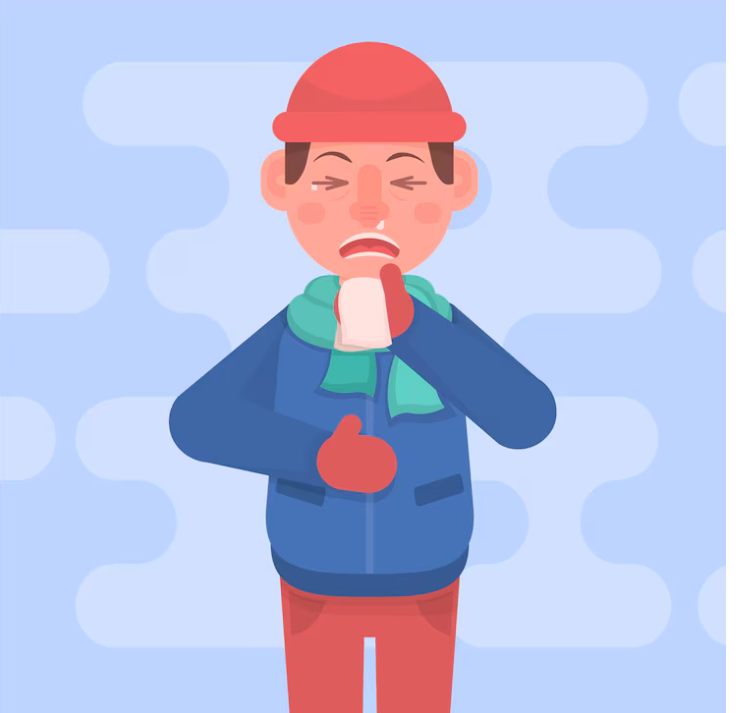
Understanding Oral Thrush: Causes and Symptoms Explained
Have you ever noticed white patches in your mouth that look like cottage cheese? It could be oral thrush. But what exactly is oral thrush, and what causes it?
In this blog, we’ll break down everything you need to know about oral thrush, from its causes to its symptoms.
What is Oral Thrush?
Oral thrush, also known as oral candidiasis, is a fungal infection caused by an overgrowth of Candida yeast in the mouth.
While small amounts of Candida are normally present in the mouth, an overgrowth can lead to the development of oral thrush.
Causes of Oral Thrush
Several factors can contribute to the development of oral thrush:
- Weakened Immune System: A weakened immune system, which can be caused by factors such as HIV/AIDS, chemotherapy, or certain medications, increases the risk of oral thrush.
- Antibiotics: Antibiotics can disrupt the balance of bacteria and yeast in the mouth, leading to an overgrowth of Candida and the development of oral thrush.
- Poor Oral Hygiene: Inadequate oral hygiene, such as not brushing or flossing regularly, can create an environment conducive to the growth of Candida yeast.
- Dry Mouth: Conditions that cause dry mouth, such as diabetes or Sjögren’s syndrome, can increase the risk of oral thrush because saliva helps control the growth of Candida.
Symptoms of Oral Thrush
The most common symptom of oral thrush is the presence of white, creamy patches on the tongue, inner cheeks, gums, or roof of the mouth. These patches may resemble cottage cheese and can be painful or cause discomfort, especially when eating or drinking.
Other symptoms may include:
- Redness or soreness in the mouth
- Difficulty swallowing or painful swallowing
- Loss of taste or altered taste sensation
- Cracking or redness at the corners of the mouth (angular cheilitis)
Conclusion
Oral thrush is a common fungal infection that can affect anyone, but certain factors can increase the risk of developing it. Understanding the causes and symptoms of oral thrush is the first step toward seeking appropriate treatment and managing the condition effectively.
To seek medical advice, always consult a Doctor. Here are our recommended EXPERTS. Click here
To read more on oral-condition. Click Here


